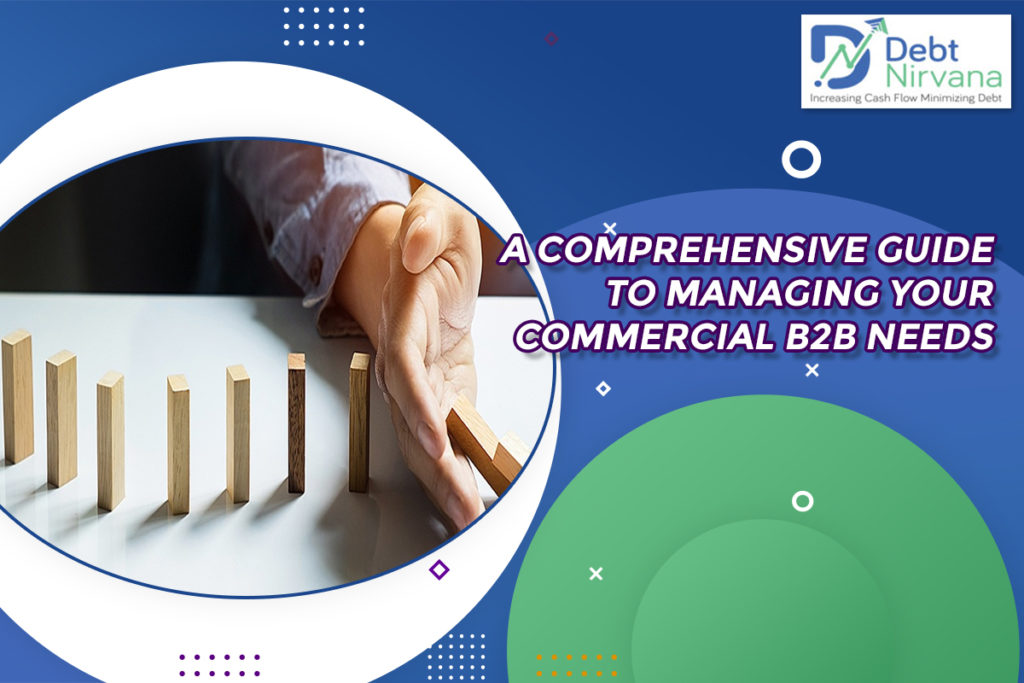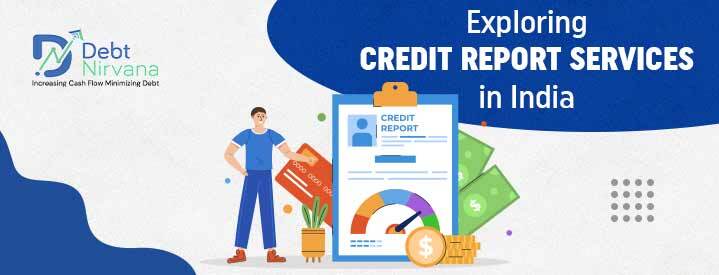
A comprehensive guide to managing your commercial B2B needs
Running a business provides goods or services in exchange for payment. In the ideal world, this exchange should be seamless. However, we are not in the perfect world, and sometimes customers may return their fees. Unfortunately, this emphasizes the management of your business.
The good news is that as long as you follow the correct legal procedures, you have the right to accumulate debt recovery. If you run the B2B model, you must comply with commercial debt collection laws. If you are owed for business or any other business, then you are in good company as this article discusses the harshness of business debt recovery law.
What are business debt collection laws?
Commercial debtors may not enjoy the same level of protection as consumer debtors. This does not mean that they are at the mercy of creditors and debt collection agencies (DCAs). Commercial debt collection laws protect them.
Like the Fair Debt Collection Practices Act, U.S. Commercial debt collection laws are the rules that protect businesses in business debt from strict debt collection practices by creditors and debt collection agencies. Under this law, rights are defined by both the creditor or DCA and the debtor.
State or federal governments do not govern commercial debt recovery laws. Instead, they were created by the Commercial Collection Agency Association (CCAA), a non-governmental organization under the Commercial League of America (CLLA). The debt collection agency was established to oversee and improve the commercial debt collection industry. To become a certified member of the CCAA, commercial debt collection agencies are required to:
- He has been with CCAA for at least four years before his application.
- There is a separate trust account where all the funds collected are credited on behalf of the creditors (this account is subject to two reviews by the Executive Director of CCAA).
- There is at least one agent who is a member of the American Commercial Law League.
- Follow CCAA’s strict standards of practice and ethics.
- Offer approximately 300,000 bonds to rescue creditors.
- Be open to random interviews with CCAA executive directors.
However, as a non-governmental organization, the CCAA has no jurisdiction over non-member agencies.
What is commercial credit?
Before discussing the laws in detail, you should understand the difference between a commercial and a consumer loan. That being said, a commercial loan refers to any loan that is owned by a business to another business. Also known as business or corporate debt, debt recovery often occurs when the debtor fails to repay the debtor following the legally binding business agreement’s terms and conditions.
Can a business be sent to the collection?
The short answer is yes. U.S. Trade debt recovery laws give creditors the power to transfer a collection agency to a delicate account immediately after issuing a demand letter. What’s more, if the collection agency is allowed to demand the provision of the debtor’s property (e.g., office fee buildings, if any), if less rigorous collection efforts are not successful.
However, creditors and their debt collection agencies are prohibited from issuing legal threats that do not apply to B2B debt collection and use inaccurate or invalid information to intimidate debtors.
What does a company need you to collect?
If you make a commercial loan, you must transfer your account’s profile to the collection agency, after you have sent the information letter to all your creditors. These include:
Detailed account statement with all payments and fees related to missed or late payments.
Necessary contact information, such as your phone number, email, social security number and business address.
Documentation of any prepayment arrangements or agreements in which you can agree with the creditor refers to payment terms and conditions.
The Fair Debt Collection Practice Act, commonly known as the FDCPA, was enacted to protect individual creditors from their creditors and debt collection agencies. The law prohibits creditors and agencies that act on their behalf by harassing or confusing consumer debtors. This is especially true for personal and home loans. This means that this law, in any case, does not regulate the activities of commercial collection agencies, nor does it protect the interests of commercial debtors. But thanks to the CCAA-administered commercial debt recovery law, commercial debtors are not alone. Here’s how to get a loan from creditors in the process of borrowing:
Demand for payment
Assuming the creditor has attempted to send a reminder and requests the debtor to clear their delicate account without success, they can begin the legal debt collection process by sending a demand letter. This letter allows the debtor to accept or reject his loan. It also allows the debtor to request an alternative debt settlement and allows the creditor to confirm the debtor’s contact information. Letter of demand should be:
- Name and occupation of both creditor and debtor
- Debt collection information with outstanding payment details
- Loan information
- The deadline in which the debtor must clear his delicate account and the instruction to fail to do so would be the beginning of the case’s proceedings.
Debt collection obligation
In most cases, a demand letter is usually sufficient to ask the debtor to make a voluntary payment. However, if it is nowhere to be found, you can start the debt financial debt collection process by filing a small claims court case. While this is often enough to force the debtor to pay, it is costly. Also, some debtors are very stubborn, and even that won’t work.
Tried contact and investigation strategy
Note that commercial loans are not subject to FDCPA, so creditors are often allowed to use restrictive tactics such as abandoning tracing or calling for an attempt at debt recovery. They can also do some research work themselves to see if they can pay off debts. For example, creditors may use methods that they think are appropriate to determine if a debtor has hidden assets that they can use to clear their debt and then use this information to start negotiations. Can.
Transfer to collection agencies
If all else fails, the creditor can go ahead and transfer the bad debt accounts to a professional debt collection agency. It is always advisable to hire a collection agency to enable the debtor to recover their money without damaging their relationship with the debtor. Also, commercial collection agencies are often created to simplify the sales process of debt accumulation.
This means they have the resources, professionalism, and experience to handle a stubborn debtor. Also, the collection agency does all the work, so the creditor does not have to worry about blocking the town or leaving the debtor. A debt collection agency will handle all of this. You need to check,
Manage business credit today
Being too strict permanently damages your relationships with your customers who need a little understanding. A commercial debt collection agency is ideal for your business debtors to avoid such situations and run your business without the financial constraints associated with debt.




